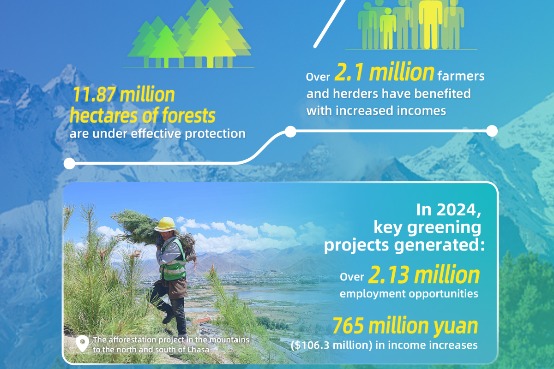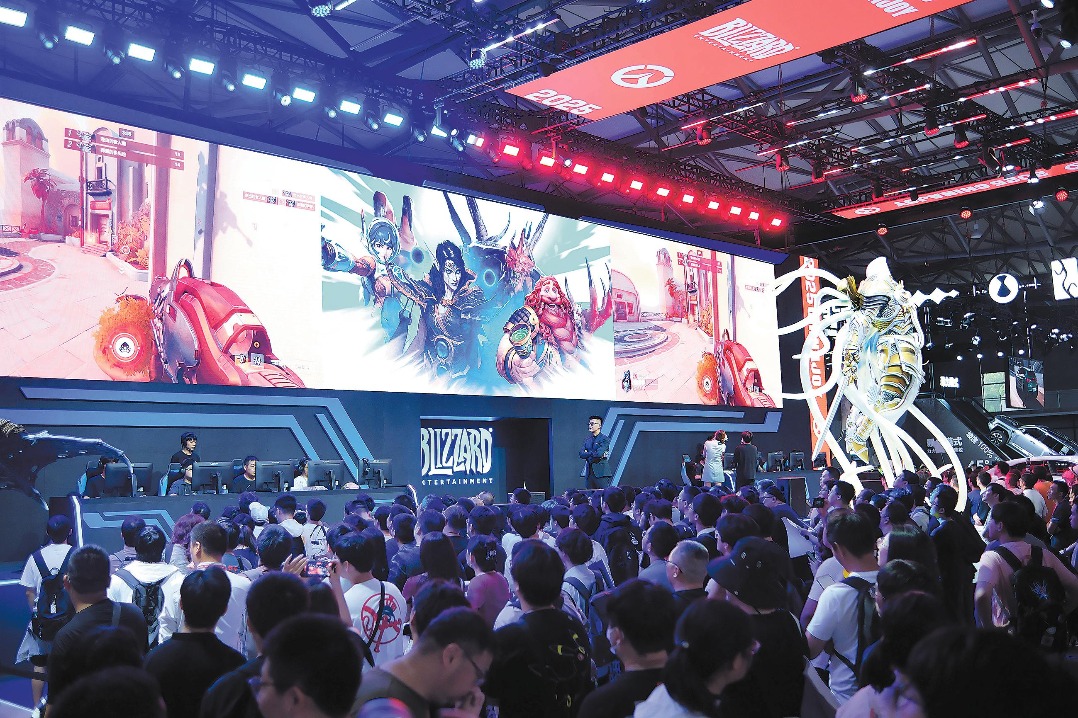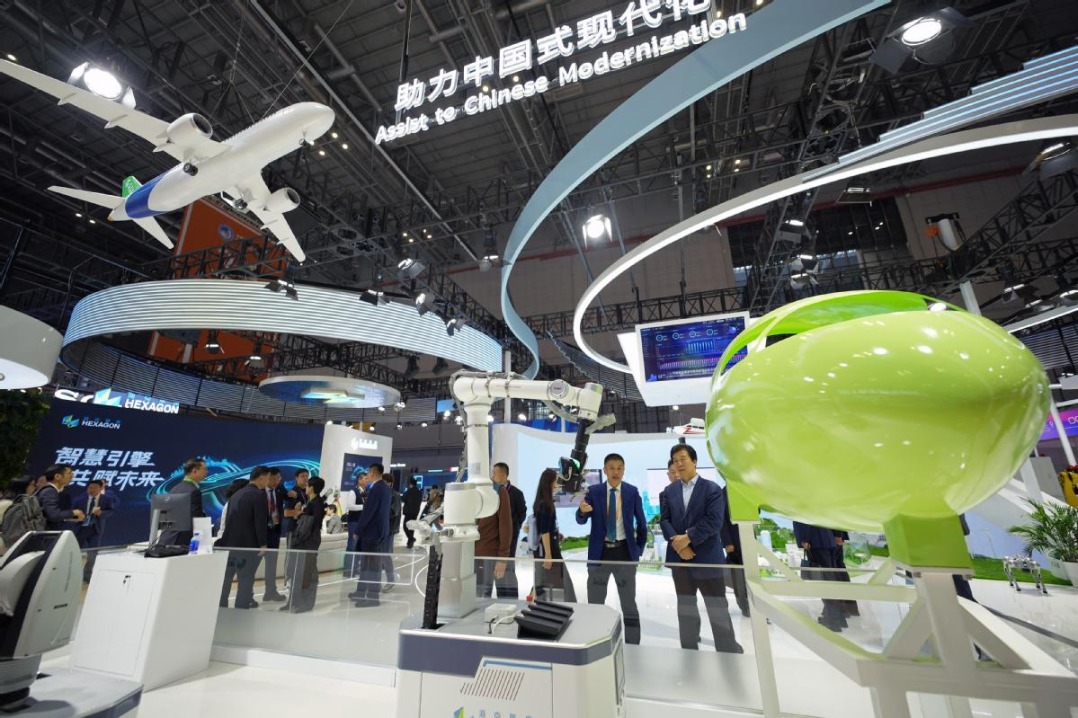BRI lauded for role in global power shift

The implementation of the Belt and Road Initiative has improved lives throughout the Global South, experts said during a major online seminar on Saturday, contrary to Western media reports of a "debt trap" linked to the BRI.
Scholars, journalists and politicians from developing countries such as Pakistan, Iran and Zambia, and developed countries including Canada, Norway and the United Kingdom, participated in the webinar titled "Building a multipolar world — Ten years of the Belt and Road Initiative", which was co-organized by Friends of Socialist China and the International Manifesto Group.
Zhang Weiwei, director of the China Institute at Fudan University, attributed the initiative's success to China's "hard power "capability to provide developing countries with total solutions for traditional infrastructure such as railways, and for digital and green infrastructure.
"It is also because of the 'soft power' of the initiative, in which China and its partner countries discuss together, build together and benefit together," Zhang said, adding that the consultations include business groups, political personalities and different parties within participating countries.
Erik Solheim, president of the Green Belt and Road Institute and formerly executive director of the United Nations Environment Program, used the Mombasa-Nairobi standard gauge railway in Kenya as an example of how the BRI can benefit local people.
"I can see that 10 years of the Belt and Road Initiative has been an astonishing success," he said. "The background color for the Belt and Road is green."
He said a watershed moment for that green development came in 2021, when China announced it would cease investment in overseas coal-fired power plants.
"China is now the very leader of everything green," Solheim said, adding that about 60 to 80 percent of every green technology is now employed in China, and that people in the West do not realize that fact because of enormous negative campaigns by many Western media organizations.
"Criticism that the Belt and Road was 'gray', focusing on coal and oil and gas, there wasn't truth in that in the very beginning," he said.
Economic balance
Mushahid Hussain Sayed, chairman of the Pakistan-China Institute and a senator in Pakistan, said he is already seeing an irreversible shift in the global balance of economic, political and cultural power from the West to the East.
Ten years ago, when no other country was willing to invest in Pakistan as the situation was quite volatile, China gave a vote of confidence to the people of Pakistan, he said, citing the China-Pakistan Economic Corridor, which is one of the BRI's flagship projects.
"I feel that the best of BRI is yet to come because the China-Pakistan Economic Corridor is a 15-year project started in 2015 to 2030," said Hussain, who added that Pakistan's prime minister was in Beijing last month to sign new agreements with China to develop agriculture, IT and education.
Fred M'membe, president of Socialist Party Zambia, echoed Hussain saying that there is growing evidence that leading players in the Global South are increasingly impatient with the way the West casts the dice in its favor in international economics.
Today's Top News
- Xi to review troop formations lining up along Chang'an Avenue during V-Day parade
- The great power game behind the Alaska summit
- Tariffs and the new geopolitics of the Amazon
- Xizang's meteoric rise proves true
- Xizang strides toward modernization
- Loans boost development in Global South






























